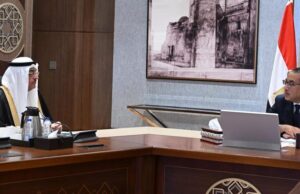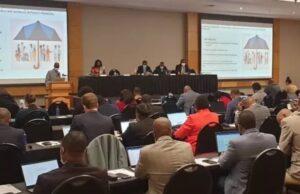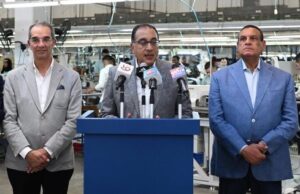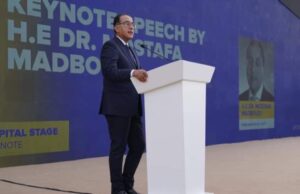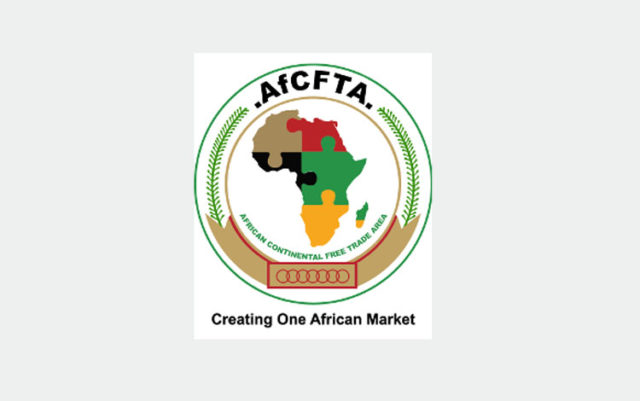
The African Continental Free Trade Area (AfCFTA) – the largest trade bloc in the world – has become a reality after protracted negotiations and consultations among its founder members. The July 7th summit held in Niger has announced Ghana as the future headquarters of the trade grouping, which would have more than 55-nations as contracting parties.
The summit launched a digital payments system for the zone and evolved rules and instruments to govern rules of origin and tariff concessions. There will be a system in place to monitor and eliminate non-tariff barriers to trade. Billed as an organized effort to unleash the real potential of the largest continent in the world, AfCFTA will boost the intra-trade, investment, employment and free movement of professionals and other types of workers in Africa.
The road ahead of AfCFTA is not a cake walk. It has to catch up a lot within a given time frame to realize its objectives. Africa’s intra-regional trade is just 17% in 2017 as against 59% in Asia and 69% in Europe. That would mean AfCFTA has to start doing everything from scratch. Poor infrastructure and presence of a large number of land-locked countries may be one of the trade bloc’s biggest challenges. Poor road and rail links, large areas of unrest, excessive border bureaucracy and widespread corruption that have stalled growth and integration of the region.
As a pre-condition for integrating the markets, members have agreed to eliminate tariffs on most goods, which will hike trade in the region by 15-25% in the medium term according to International Monetary Fund (IMF) estimates. It is to be seen how many countries would come around the concept and reduce the tariff. Initially, such a measure would adversely affect some countries since there will be a heavy influx of goods and services from the neighboring countries. Another stumbling block would be the presence of a panoply of trading arrangements, which are mostly overlapping, within the continent such as ECOWAS in the west, EAC in the east, SADC in the south and COMESA in the east and south. Barring EAC, which is mostly driven by Kenya and has made significant progress, the rest are mostly in papers. One has to see what would be the role of these organizations against the advent of AfCATA; will they subsume into the larger grouping or continue as it is. Even if they refuse to surrender their identities and continue as separate identities, what would their organic linkage with AfCFTA ? This is something to be defined properly to avoid any possible conflicts in the present and more so in the future.
The other real challenge is the continuity of members like South Africa, Nigeria and Egypt in the grouping. They are all well to do economies and there is a heavy pressure from their domestic industries to keep away from the grouping. The economic heft of the continent is skewed with countries like Nigeria, Egypt and South Africa contribute over 50% of Africa’s cumulative GDP.
Nigeria at the last moment, has agreed to ratify the agreement. But the grapevine had it that the business associations there are even now mounting pressure on the government to go slow on the grouping. The bottom line is that relatively well off countries in the continent would derive only lesser or adverse payoffs from the grouping than the poorer ones. Will rich countries in the continent show that much magnanimity to accommodate the poorer ones for at least five years or so sacrificing their own economic interests, is something to be seen?
Fiscal profligacy, tendency to borrow indiscriminately from available source, both multilateral and bilateral sources, widespread corruption etc are some of the systemic problems of the continent. To top it, there is a heightened level of militarization in the region mainly from three forces, US, China and Russia, besides the overtures of fringe players like countries in EU, Japan, South Korea and India. They have their own vested interests in the continent. Weak political administrations in some of the African countries can become their target in destabilizing the grouping, if it does not suit their larger designs.








